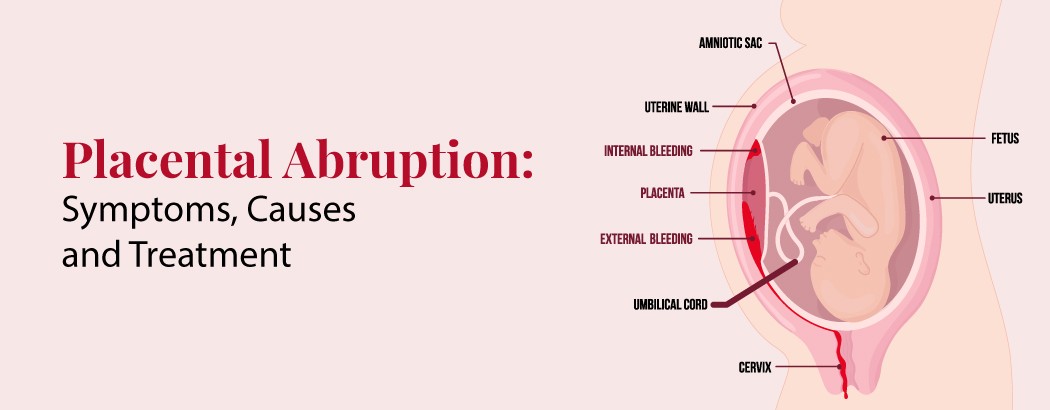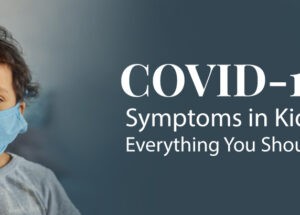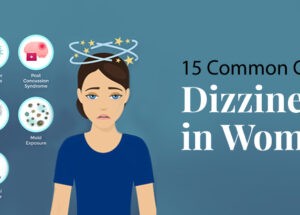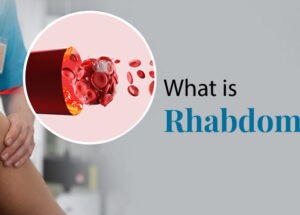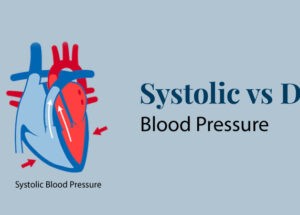How to cure urticaria permanently
January 18, 2023
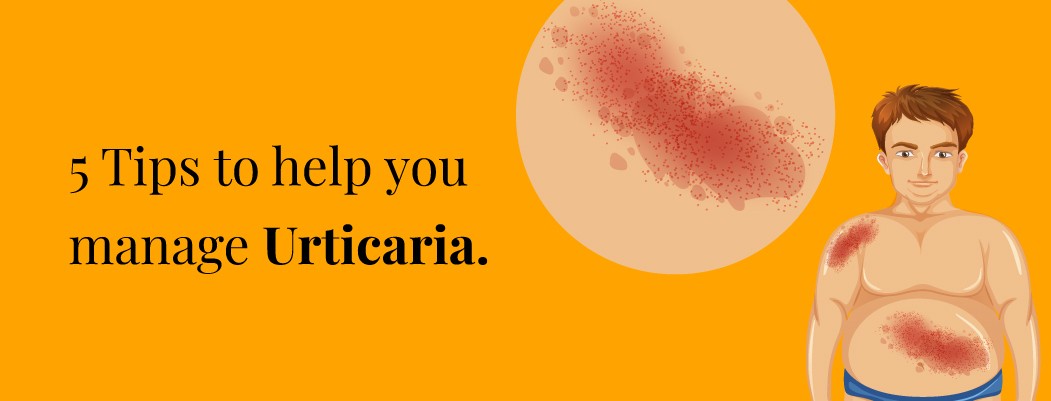
Overview
An itchy, occasionally lumpy rash known as hives forms on the skin’s surface. Medications and natural treatments can frequently quickly and effectively treat hives.
Extremely itchy, discoloured, raised skin lesions are known as hives. On the body, they can appear everywhere. Typically, both allergic and non-allergic triggers can cause hives.
Hives can cause a lot of discomforts, but there are various ways to treat, relieve, and eliminate them.
Who is at risk?
Hives are more likely to occur in those known to have allergies. If you are on medicine or unknowingly come into contact with substances to which you may be allergic, such as food or pollen, you may also be at risk of developing hives. In addition, you may be more prone to getting hives if you already have an illness or a medical condition.
What causes hives?
Hives are typically brought on by an allergic reaction to something you have eaten or come into contact with. Your body starts to release histamines into your blood when you experience an allergic reaction. Your body creates histamines to protect itself from illness and other external invaders. Unfortunately, histamines can, in some people, lead to swelling, itching, and many of the symptoms associated with hives. Regarding allergies, hives may be brought on by things like pollen, drugs, food, pet dander, and bug bites.
In addition to allergies, other conditions can also result in hives. For example, hives frequently react to stress, tight clothing, physical activity, diseases, and infections.
Natural remedies for hives
People frequently treat hives at home without obtaining additional medical care or assistance. In reality, many cases of hives go away on their own within a few hours or minutes of first appearing. Most of the time, hives symptoms go away within 24 hours, although it can occasionally take a few days.
Use a cold compress
Itching skin can be soothed by applying something cool to it. For example, use a bag of frozen vegetables or some ice wrapped in a towel and apply to the affected area for up to 10 minutes to achieve this. Repeat as necessary all day long.
Bathe in an itching-relieving solution
To stop itching, you can add various products to a bath. These include a handful or two of baking soda or oatmeal (marketed specifically as colloidal oatmeal for bathing).
Avoid products that could aggravate your skin
When you have hives, some soaps might dry out your skin and make the itch worse. Instead, use soap that is designed for sensitive skin only. Great options are available here. Usually, these leave out perfume and other irritants.
Additionally, you want to stay away from irritating lotions and moisturisers. When in doubt, use a formulation designed for sensitive skin, such as one of these choices. Applying right after taking a bath may also help relieve itching.
Aloe vera
One plant with outstanding medicinal qualities is aloe vera.
Even though it’s a natural anti-inflammatory, it could still result in contact dermatitis; thus, performing a skin patch test before use is crucial.
Apply a small amount of the product to a spot of skin that isn’t impacted to conduct a skin patch test. For example, apply to the inner forearm of your arm if you can. It should be okay to use for any hives if you don’t experience any irritation within 24 hours.
Topical aloe vera can be used on hives as needed, probably several times daily. Any directions on the box should be heeded.
Avoid scratching
Avoiding the impulse to scratch the itch is one of the most crucial measures in treating hives. Doing so can cause the hive to break open, putting you at risk for infection. Instead, ice therapy is the best technique to reduce itching, which can be applied as a cold compress or a bag of frozen peas.
Take a cold shower
Hot baths or showers can aggravate hives. Vasodilation from heat can offer your hives additional blood supply and an opportunity to expand. To relieve the itch, take a cool bath or a cold shower. Always use unscented soap and other items designed for sensitive skin. Although products don’t cause your hives, she advises using gentle products to prevent aggravation.
Should you be worried about this?
Urticaria, sometimes known as hives, is a skin rash. Although allergic reactions are frequently linked to hives, other factors might also cause them to appear:
- Stress
- Medications
- bug stings or bites
- sun, cold, illness, and other underlying problems
- It’s important to figure out what caused your rash. Knowing the trigger will help you avoid it and stop additional hives from developing.
Are hives preventable?
Simple lifestyle adjustments can help you stop hives from happening again. In addition, your doctor may advise you to avoid any potential exposure to these elements if you have allergies and know the compounds most likely to trigger an allergic reaction.
If you’ve recently experienced an outbreak of hives, stay away from high-humidity places and tight clothing.
Types
Urticaria comes in two different forms, which are acute and chronic.
The kind depends on how long the symptoms last. For example, while chronic urticaria lasts longer than six weeks, acute urticaria typically disappears within six weeks.
Within chronic urticaria, there are two categories. Which are:
- Chronic spontaneous urticaria: there are no known triggers
- Chronic inducible urticaria: This type of urticaria is triggered by particular stimuli, such as cold air. Hives brought on by chronic urticaria may last longer than six weeks. However, within a year, the illness disappears for about 50% of persons.
Individual hives rarely remain longer than 24 hours, although chronic urticaria can persist for over 6 weeks.
Whom should you see if you have hives?
You’ll begin by visiting your primary care physician. Alternatively, you can be suggested to an allergist or a physician who focuses on the identification and treatment of skin disorders (dermatologist)
People also ask
Is there any permanent cure for urticaria?
There are fewer possibilities that neither home remedies nor professional treatment can permanently cure cholinergic urticaria. The condition does, however, eventually go away by itself. Medical procedures can also lessen the reaction and manage the symptoms.
What is the fastest way to cure urticaria?
- Prevent triggers. Some examples are foods, medications, pollen, pet dander, latex, and insect bites
- Use an over-the-counter anti-itch medication
- Apply ice
- Take a relaxing, cool bath
- Wear loose, cotton clothing with a smooth texture
- Sun protection for your skin
Why do hives worsen at night?
Nighttime. Since the body’s natural anti-itch chemicals are at their lowest levels at night, hives and itching frequently worsen.


